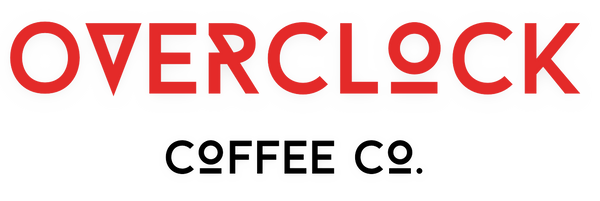
Daggerheart vs. D&D
Daggerheart vs. D&D: Is the Throne Being Challenged?
For decades, Dungeons & Dragons (D&D) has sat firmly atop the throne of tabletop role-playing games (TTRPGs). But a new contender has emerged from the minds behind Critical Role: Daggerheart, an RPG designed to reimagine fantasy storytelling with a more narrative-forward and accessible system.
So, does Daggerheart have what it takes to challenge the legacy of D&D? Let’s dive deep into both systems, their mechanics, and their cultural impact.
Origins and Philosophy
Dungeons & Dragons, created in the 1970s by Gary Gygax and Dave Arneson, established the foundational framework for most TTRPGs today (Peterson, 2012). It's a rules-heavy system that emphasizes strategic combat, leveling mechanics, and modular character creation.
Daggerheart, however, is the brainchild of Darrington Press. Critical Role’s publishing arm, and is built with a modern audience in mind. It aims to balance cinematic storytelling with mechanical structure, using a 2d12 system instead of traditional d20 rolls, which adds variance and emotional drama to each outcome (Mercer, 2023).
Key System Differences
| Feature | Dungeons & Dragons | Daggerheart |
|---|---|---|
| Dice Mechanics | Primarily d20 rolls | Dual d12 system |
| Character Creation | Class, Race, Background | Archetypes + Personality Traits |
| Narrative Emphasis | Tactical & modular | Heavily story-driven |
| Combat Style | Turn-based, grid optional | Narrative-focused, light tactics |
| Accessibility | Steep learning curve | Designed for newcomers |
| Publisher | Wizards of the Coast | Darrington Press (Critical Role) |
Daggerheart is clearly designed to reduce entry barriers. While D&D can overwhelm new players with rules, Daggerheart leans into emotional storytelling, asking players to define their character's moral compass, fears, and hopes.
Community and Ecosystem
Dungeons & Dragons has built a massive ecosystem with books, video games, and even Hollywood films. It’s institutional.
But Critical Role, the powerhouse behind Daggerheart, is no small player. With millions of fans and a proven track record of transforming homebrew content into cultural milestones, Daggerheart already has a built-in audience (IGN, 2023).
It’s not just about the game mechanics, it’s about community identity. Daggerheart allows the Critical Role community to carve out a new niche in fantasy gaming, one not bound by Hasbro’s IP.
Cultural Shifts in TTRPGs
In recent years, tabletop gaming has shifted toward more inclusive, narrative-rich systems. Games like Monster of the Week, Blades in the Dark, and Thirsty Sword Lesbians have pushed the boundaries of what an RPG can be (Zhou, 2021).
Daggerheart joins this movement, emphasizing collaborative storytelling and emotional arcs over strict mechanical optimization. It resonates with younger, story-first players looking for roleplay and drama.
What Does This Mean for Overclock Coffee Co.?
Well, if you're gearing up for a Daggerheart or D&D campaign, you’ll need fuel.
Try Zombie Espresso Antidote for midnight dungeon crawls, or power up with Dragon’s Breath Roast before a long session. And if your bard botches a performance check, blame the lack of Cinna-Bun Games in their cup.
Final Verdict
Is Daggerheart replacing D&D? Not yet. But it's shaking the foundations with a bold, accessible, emotionally rich alternative that’s clearly built for the next generation of players.
If you’re a dungeon master tired of rules lawyering or a newbie intimidated by 300-page rulebooks, Daggerheart might just be your new critical hit.
References
IGN. (2023). Critical Role unveils Daggerheart, its own tabletop RPG system. Retrieved from https://www.ign.com/articles/critical-role-daggerheart-rpg-system
Mercer, M. (2023). Why We Built Daggerheart. Darrington Press. Retrieved from https://www.darringtonpress.com/daggerheart
Peterson, J. (2012). Playing at the World: A History of Simulating Wars, People and Fantastic Adventures, from Chess to Role-Playing Games. Unreason Press.
Zhou, A. (2021). The Rise of Indie Tabletop RPGs. Polygon. Retrieved from https://www.polygon.com/tabletop-games/2021/7/20/22582578/indie-tabletop-rpgs-growth
